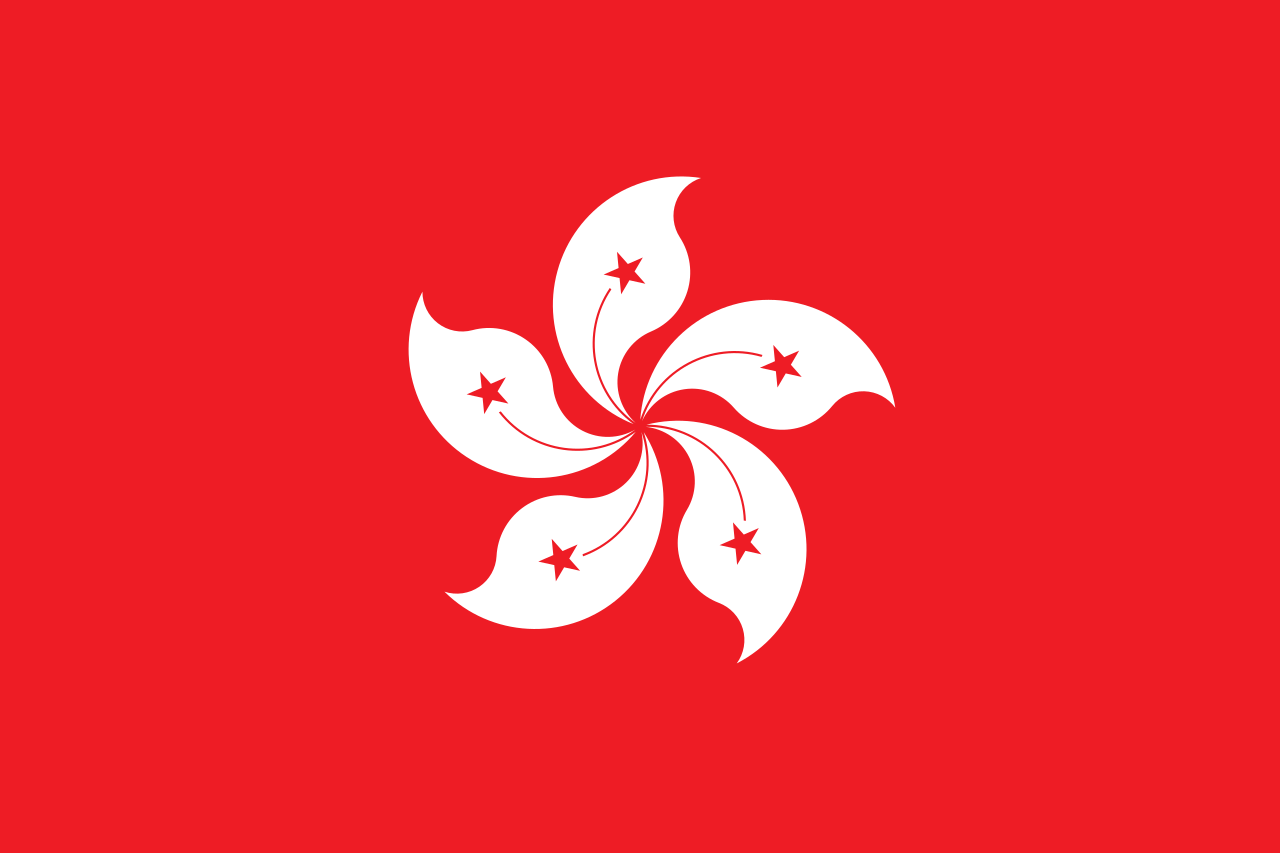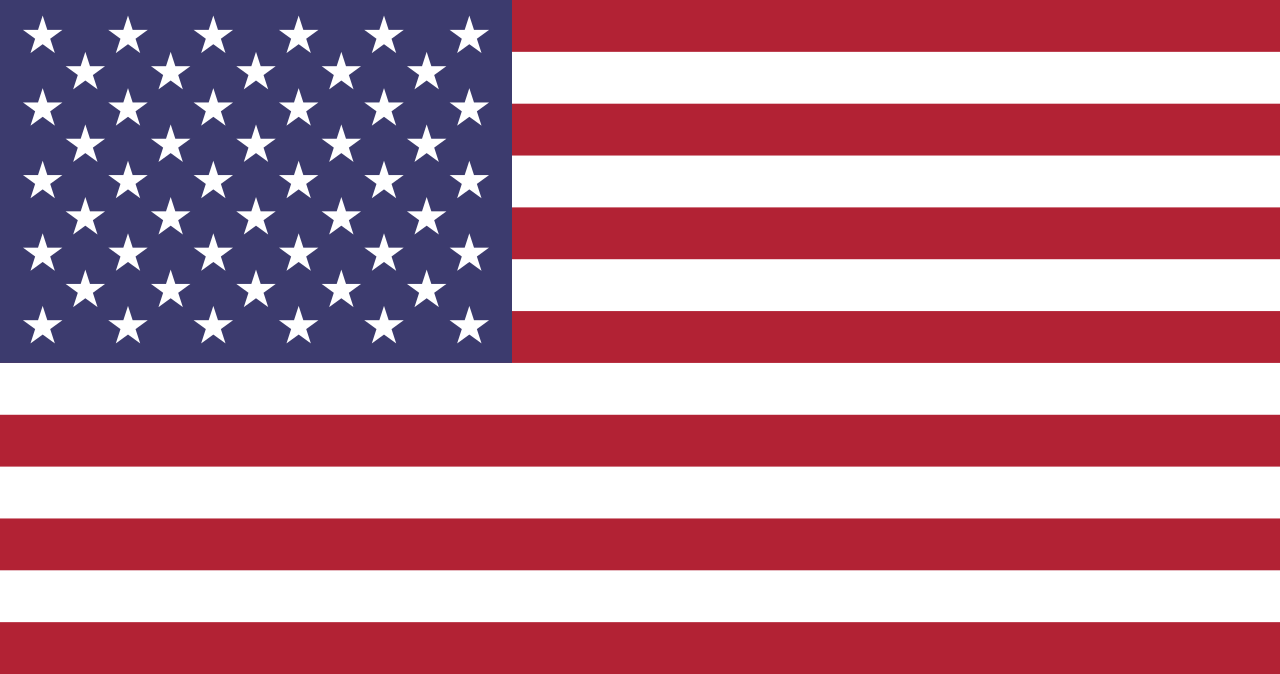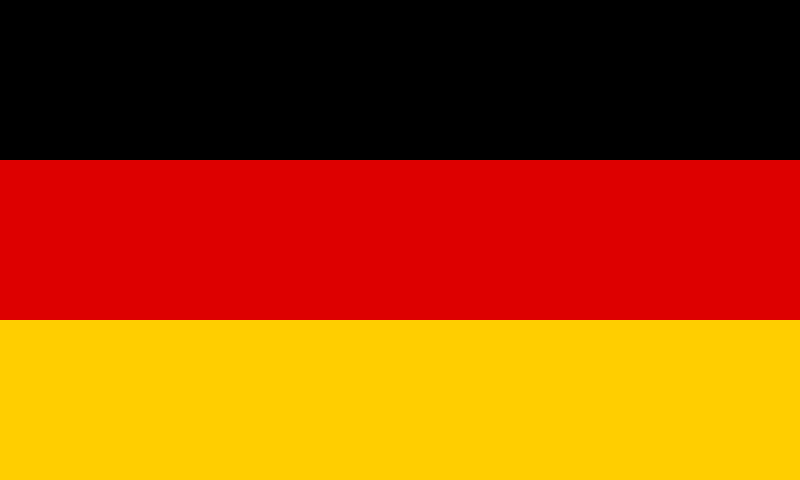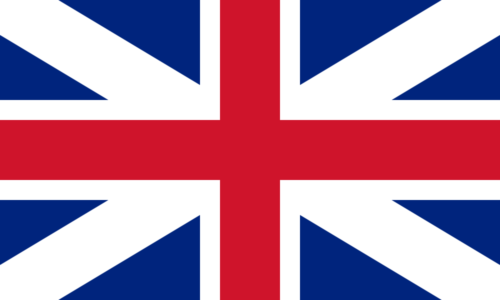
« 374 people who all regularly consume cannabis will benefit from this study. »
RTS
The city of Basel has been offering cannabis for sale in nine pharmacies since Monday. This pilot project, the first in Switzerland, offers a “regulated” sale reserved for around 370 participants. The goal: to study the health effects of a legal distribution of this type of product, reports RTS.*
The legal basis at the federal level to launch this pilot project, called “Weed care”, came into force in 2021. The Basel project is carried out jointly by the cantonal Department of Health, university psychiatric clinics, as well as psychiatric services in Aargau and the University of Basel.*
In French-speaking Switzerland, the cities of Lausanne and Geneva are on edge with a similar pilot project. All that is missing is the green light from the Federal Office of Public Health to be able to launch the production of cannabis and the recruitment of participants in the study.*
More than 370 people concerned*
In Basel, 374 people who all regularly consume cannabis will benefit from this study. It is a little over 300 men, about sixty women and six non-binary people. The youngest is 18, the oldest 76. The average age is 36.*
From today, a first group of around 180 people can buy cannabis products. The second group will start in six months. They will all receive questionnaires on their consumption habits and their health at two-month intervals. An interim report for the attention of the Federal Office of Public Health will be drawn up within a year.*
How to get cannabis*
In addition to their identity card, the participants will have to present a kind of student card which allows them to stock up in nine pharmacies located in different districts of the city of Basel.*
Two products based on hashish and four products based on cannabis flowers, all made in Switzerland, are offered to them with more or less THC, the main active molecule of cannabis intended to provide the feeling of relaxation.*
Prices will align with the local black market, i.e. between 8 and 12 francs per gram, depending on the product and the THC content.*
** image
*** ndlr. : –.






